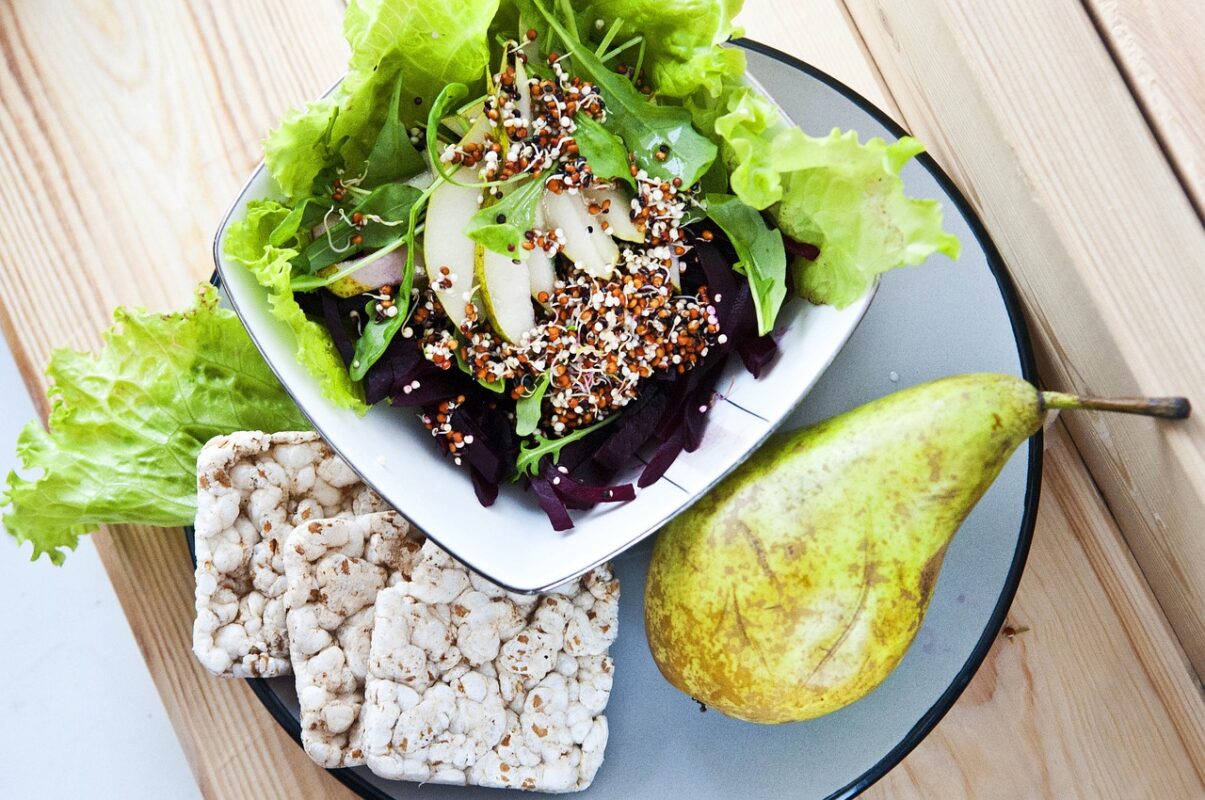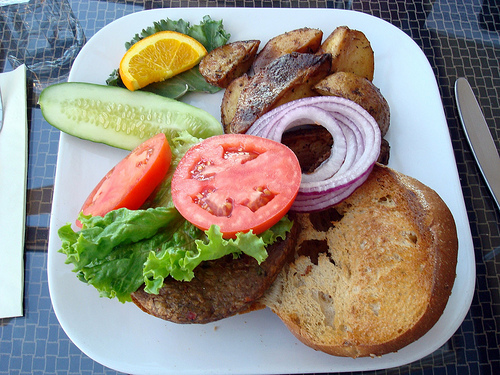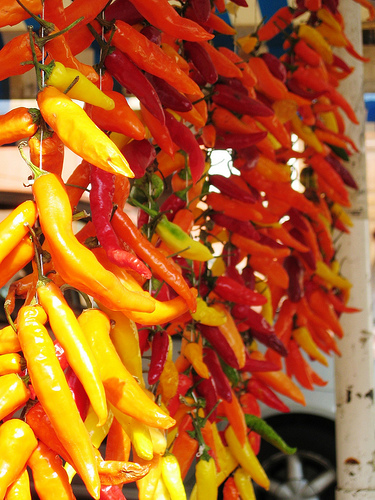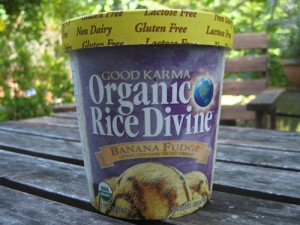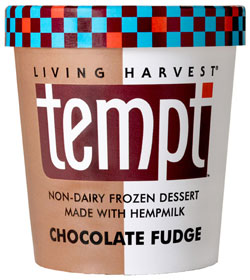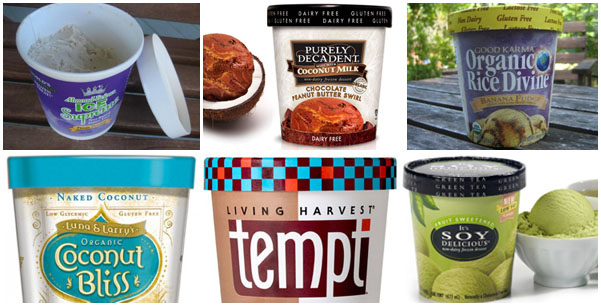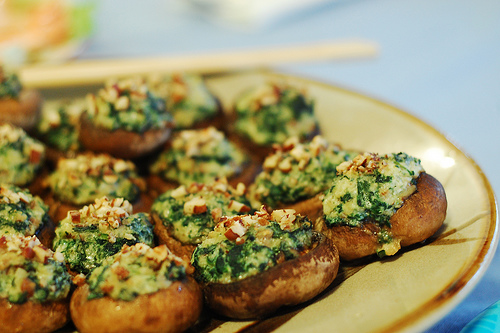Table of Contents
Iodine is an essential mineral for various bodily functions. It’s vital for our thyroid hormones and metabolism. Iodine deficiency isn’t a public health concern in the USA, but underdeveloped nations and persons following a plant-based diet may find it challenging to meet their iodine needs.
The most common sources of iodine are from animal-derived foods like dairy products and fish. This article provides vegans with helpful tips on getting enough vegan iodine to maintain a healthy body and mind.
Iodine and Its Importance in the Body
Iodine is an essential trace element that the human body cannot produce alone. It is critical for synthesizing thyroid hormones, which regulate metabolism, energy levels, and cognitive function, among other body functions.
According to the National Institutes of Health, iodine’s recommended dietary allowance (RDA) varies by age and life stage. A healthy range is 150 to 290 micrograms (mcg) per day.
Thyroid Health
Iodine is vital for optimal function of the thyroid gland. Thyroid hormones regulate metabolism and energy levels. Without sufficient iodine intake, the body experiences low levels of thyroid hormones. A lack of iodine results in symptoms such as weight gain, fatigue, and depression.
According to the American Thyroid Association, iodine deficiency is one of the leading causes of thyroid health issues worldwide.
Cognitive Function
The importance of iodine also extends to cognitive development. It’s an essential nutrient during pregnancy and early childhood. Inadequate iodine levels can lead to intellectual disabilities in children.
Even mild iodine deficiency can have a long-lasting impact on cognitive impairments.
The World Health Organization notes that as much as 50% of children globally could be at risk from iodine deficiency.
Immune Support
Iodine doesn’t just support thyroid and cognitive functions; it also enhances the immune system. Ongoing research suggests iodine helps the body defend against infections by supporting the production of white blood cells.
Iodine is an important mineral that plays a crucial role in many bodily functions like synthesis of thyroid hormones, regulation of metabolism, and support of cognitive and immune functions.
Given the potential health issues related to low iodine intake, including cognitive impairments and low levels of thyroid hormones, it is imperative for people, mainly vegan diet supporters, to meet their recommended iodine intake. Recipes can help.
Vegan Food Sources of Iodine
Vegan diet followers must understand how and when to consume essential nutrients; iodine is no exception. Several vegan foods and supplements, readily available, help you achieve the recommended daily intake of iodine.
Seaweed and Sea Vegetables
Sea vegetables and seaweed are some of the best vegan sources of iodine. Their natural habitat makes these plants accumulate a substantial amount of iodine. This iodine-rich quality makes them a nutritious addition to a plant-based diet.
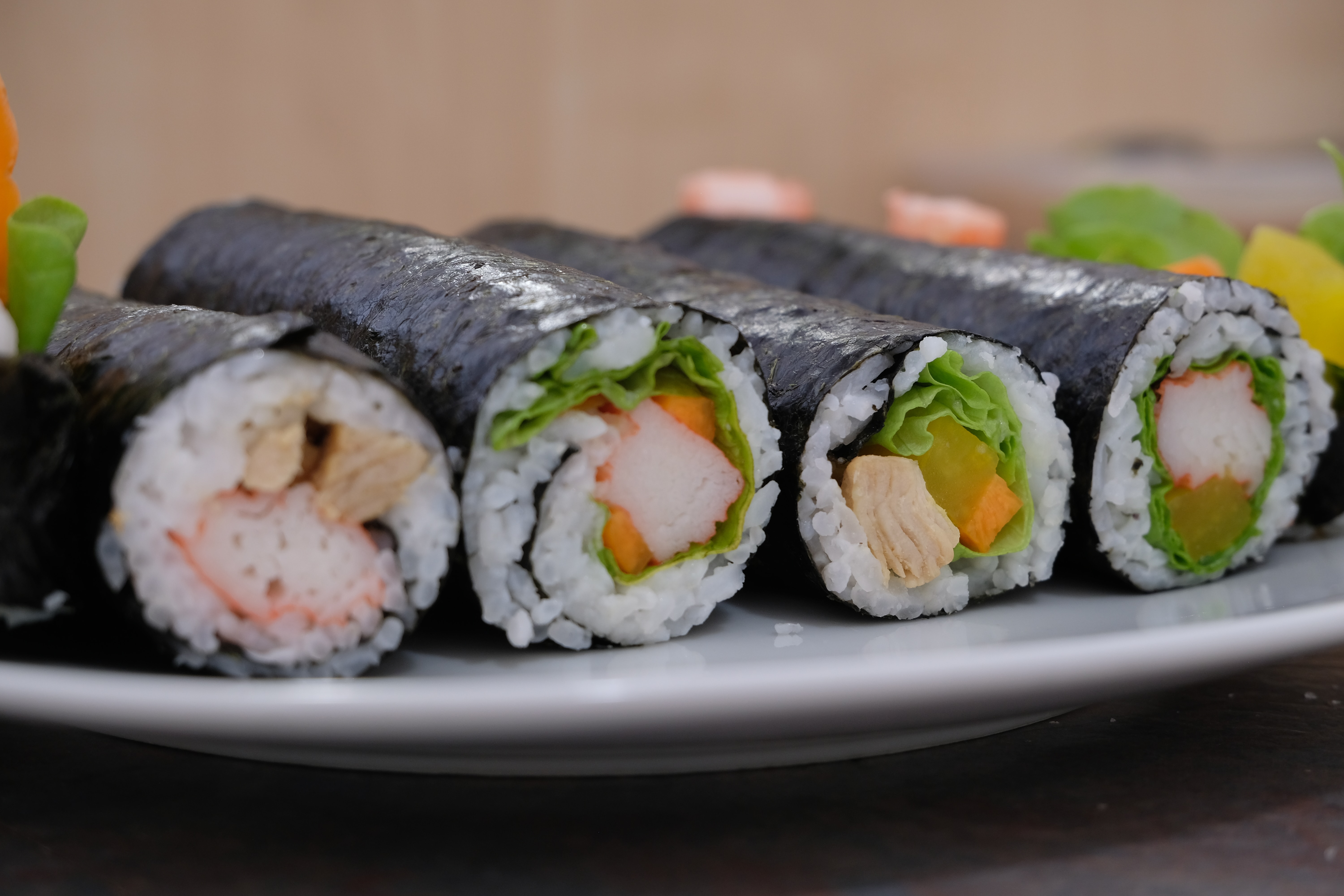
Nori
Popular in sushi rolls, nori is an easy way to incorporate iodine into vegan meals. Just a single sheet can contain around 16–43 mcg of iodine.
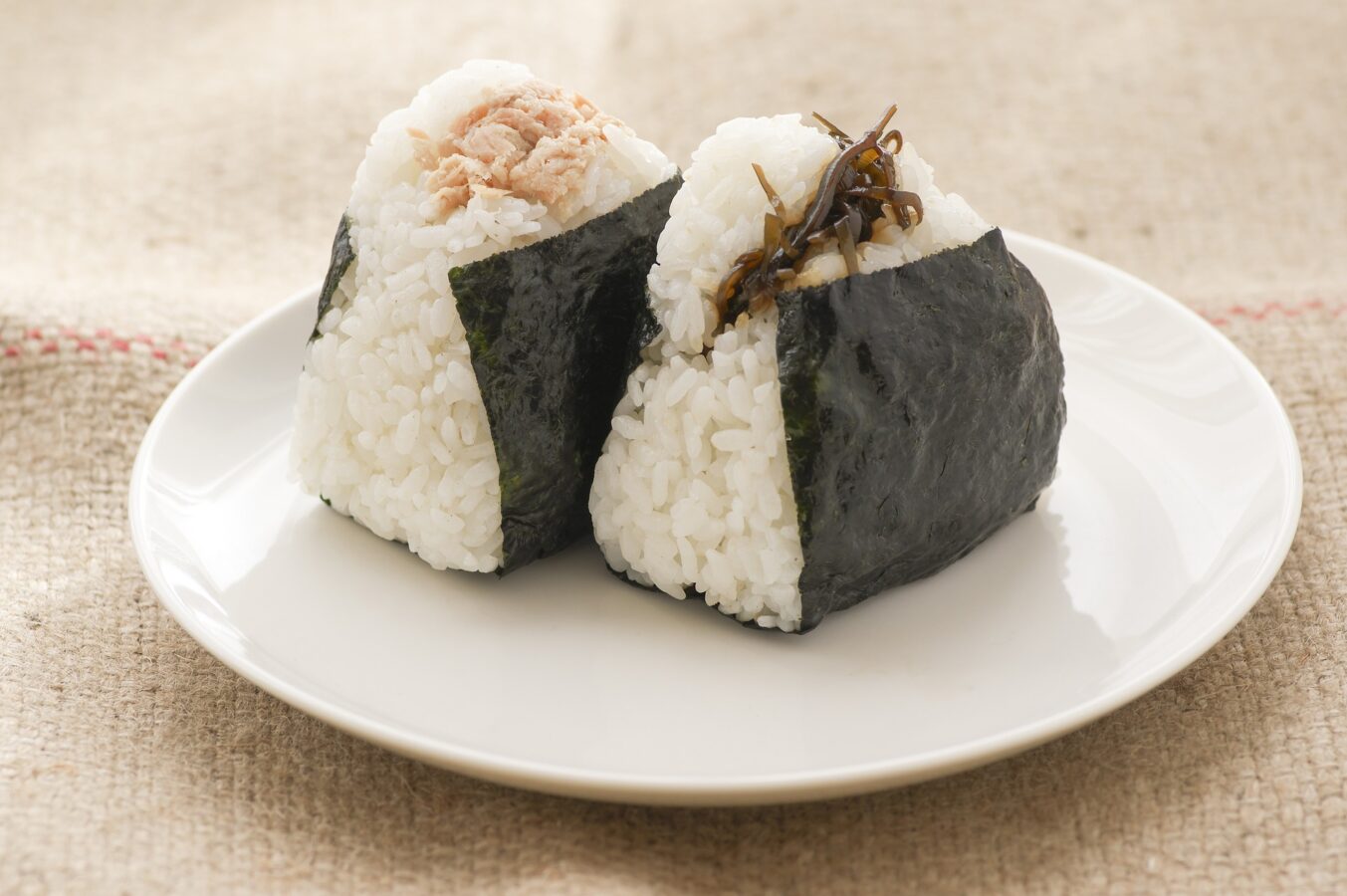
Kombu
This kelp type is an important ingredient for dashi, a Japanese soup base. It’s exceptionally high in iodine; some varieties contain more than 2,500 mcg per gram.
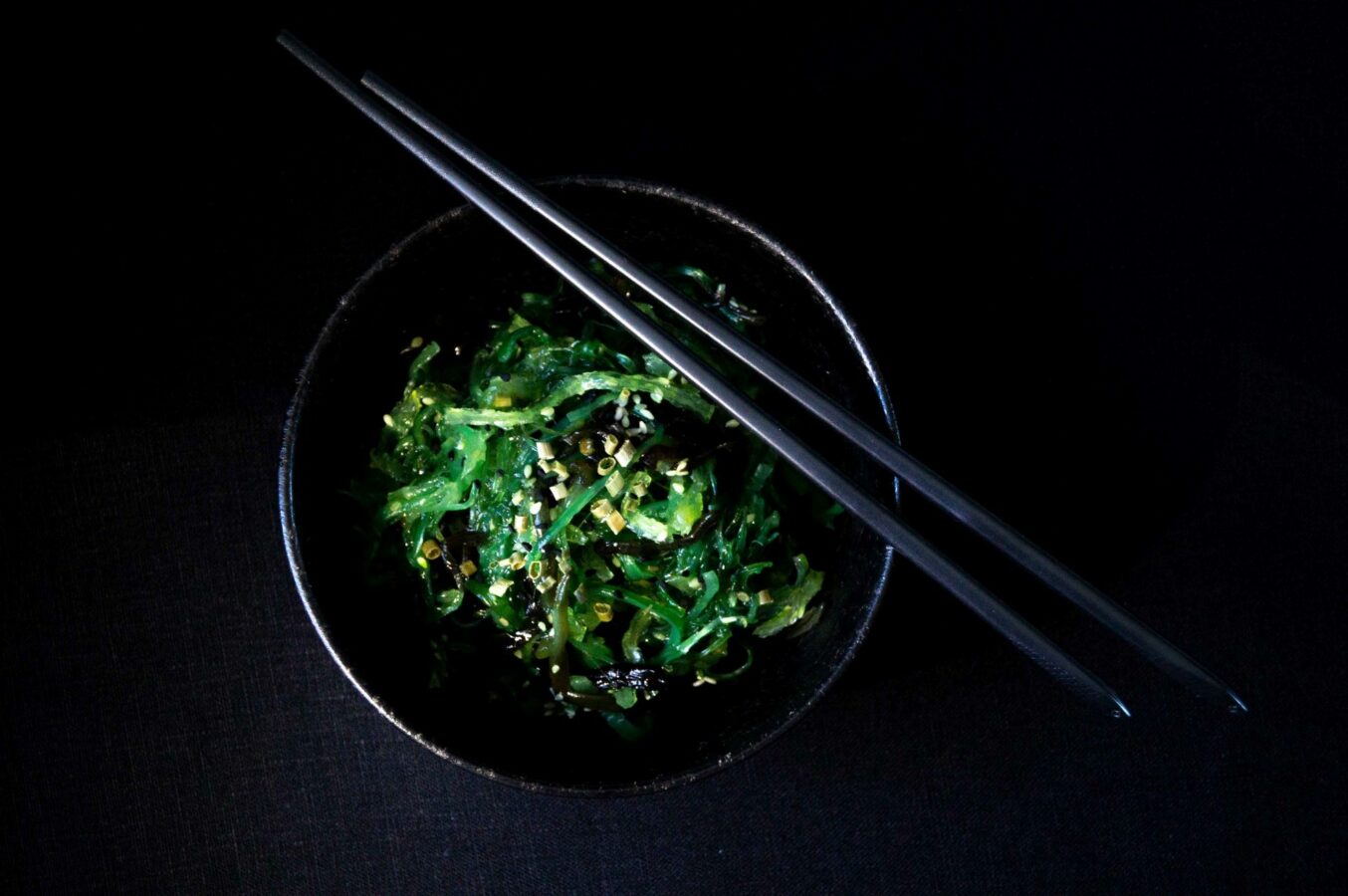
Wakame
Commonly used in miso soup, wakame is another good option for iodine. A typical serving holds approximately 80 mcg of iodine.
Fortified Foods
Fortification is a common public health strategy to combat iodine deficiency. Certain vegan-friendly foods are iodine-fortified and ensure people get enough of this essential mineral.
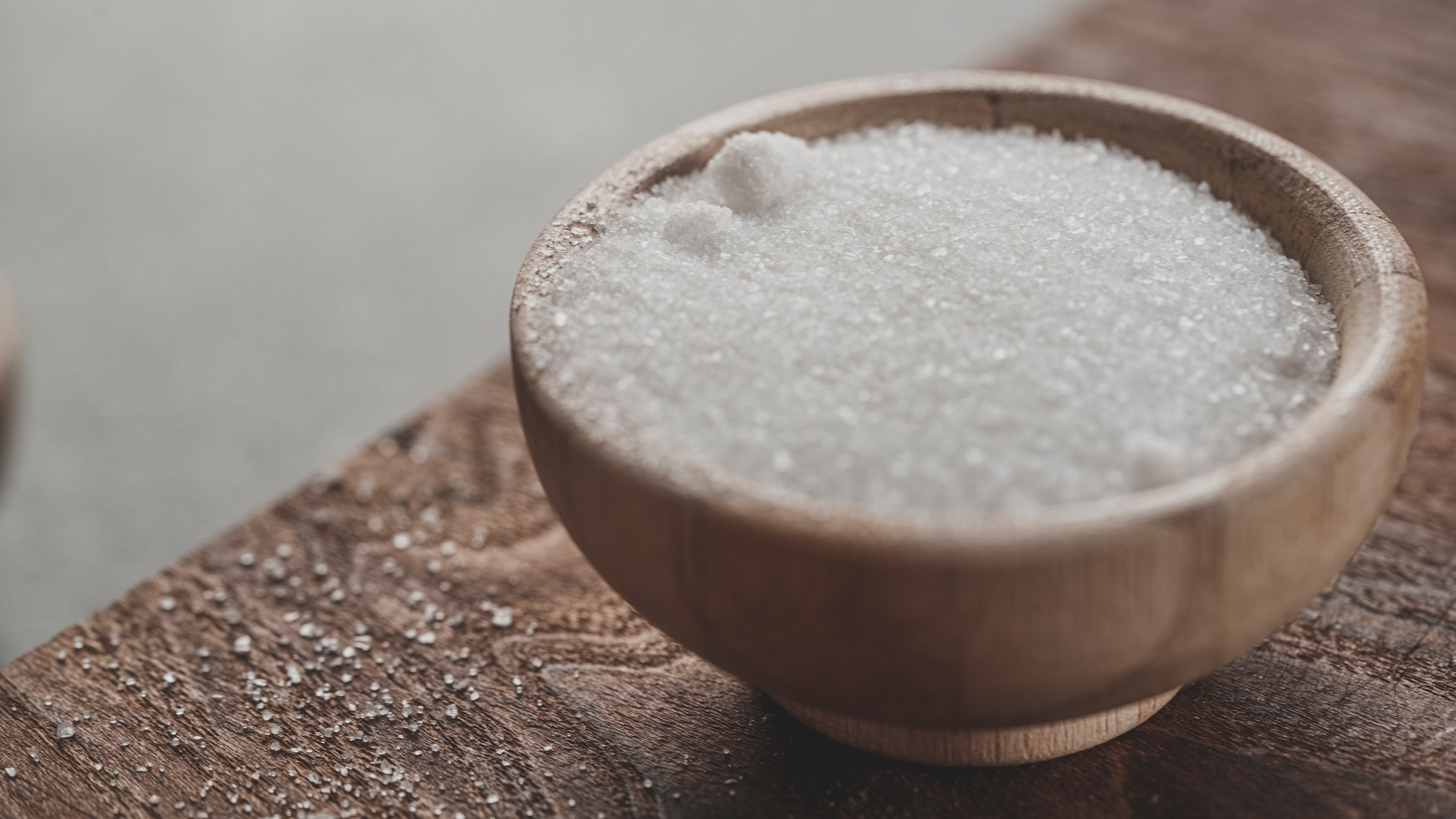
Iodized Salt
Regular table salt makers fortify salt with iodine. Just a half-teaspoon provides about 140 mcg of iodine, meeting most adults’ daily requirements.
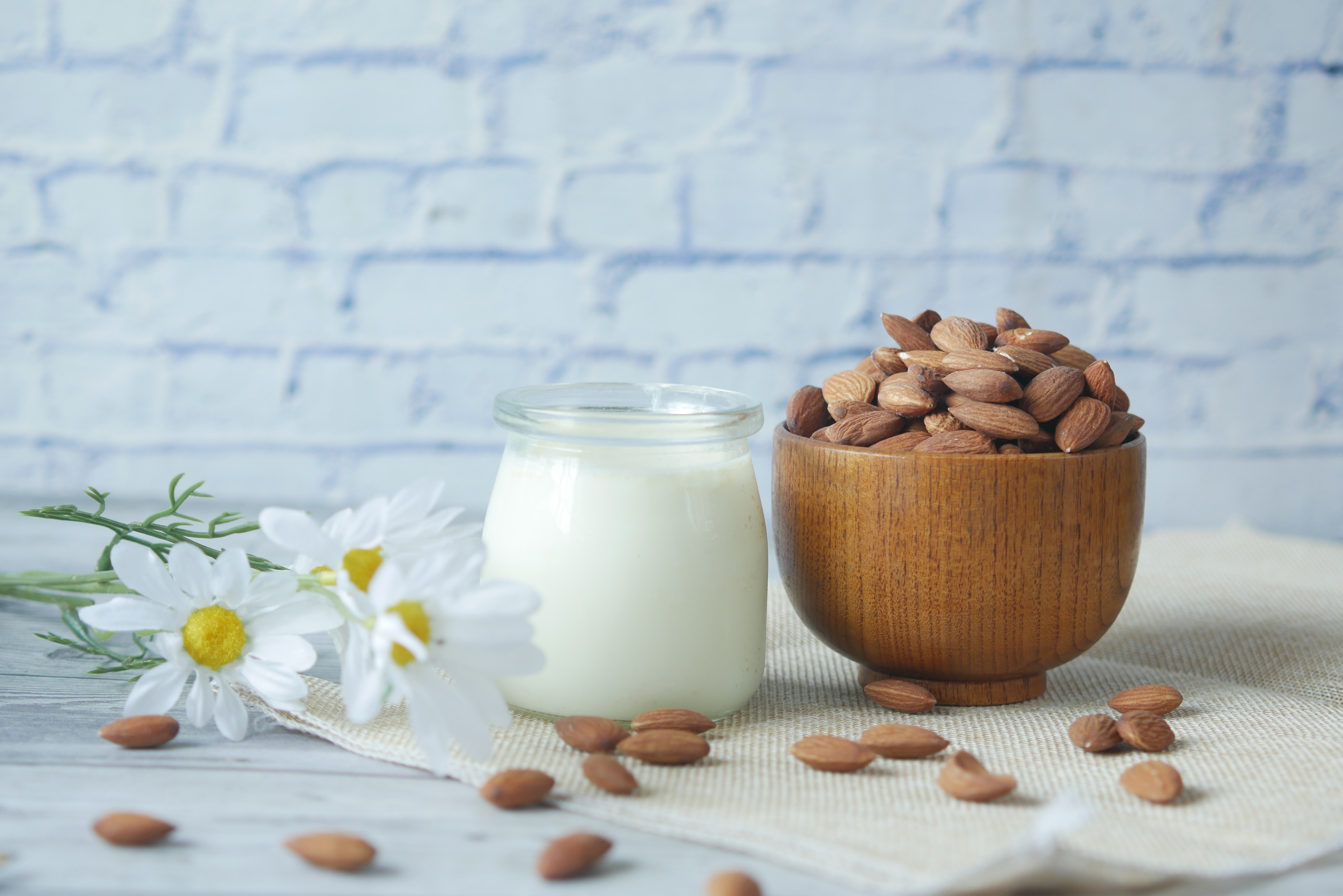
Plant-Based Milk
Some brands of plant milk, like almond, soy, and oat milk, contain fortified iodine. Check the label for the iodine content.
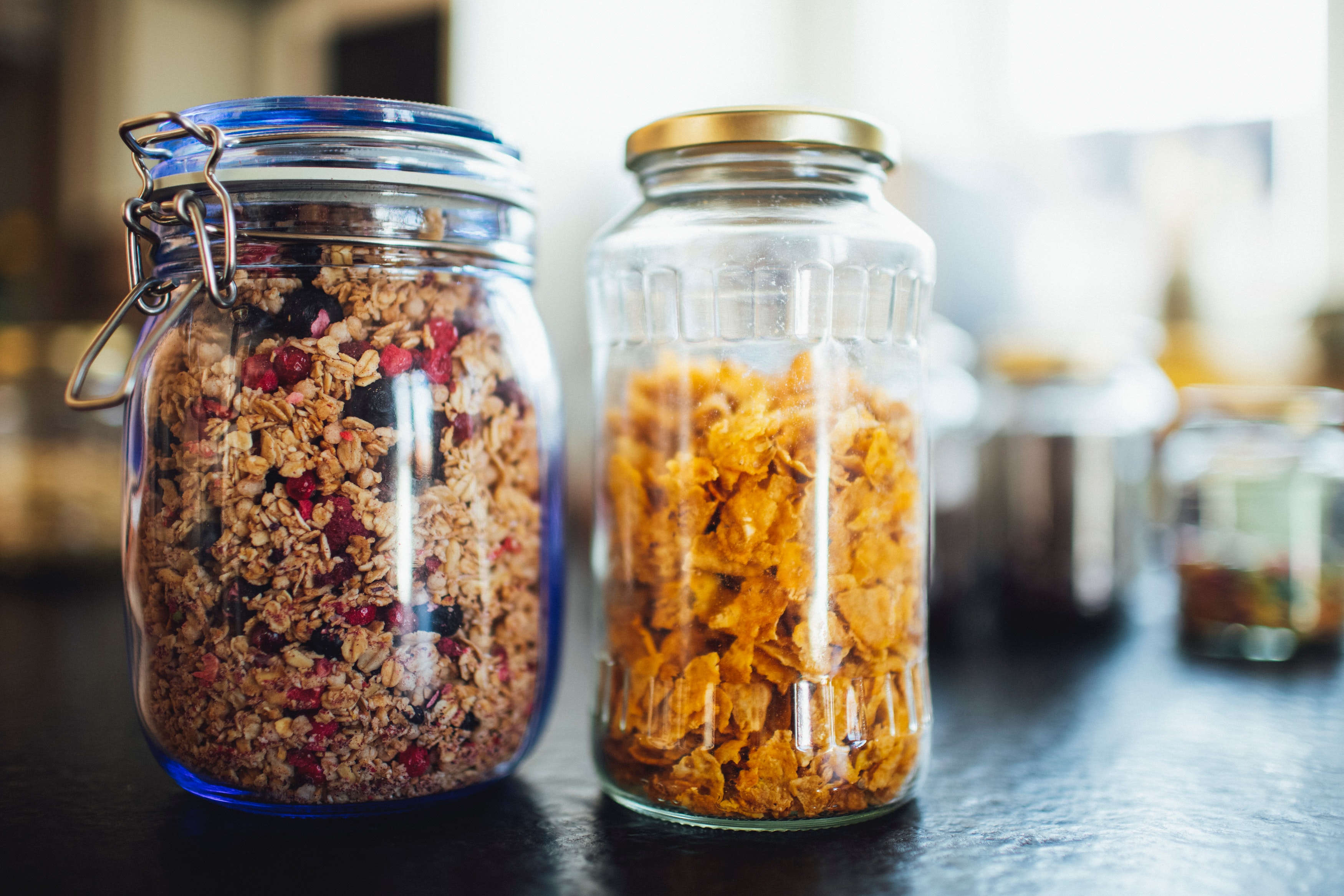
Breakfast Cereals
Most cereals are iodine-fortified. A serving typically contains about 25-50 mcg of your daily requirement.
Beans and Legumes
Beans and legumes are another category of foods that contribute to your iodine intake, although in much smaller amounts than sea vegetables.
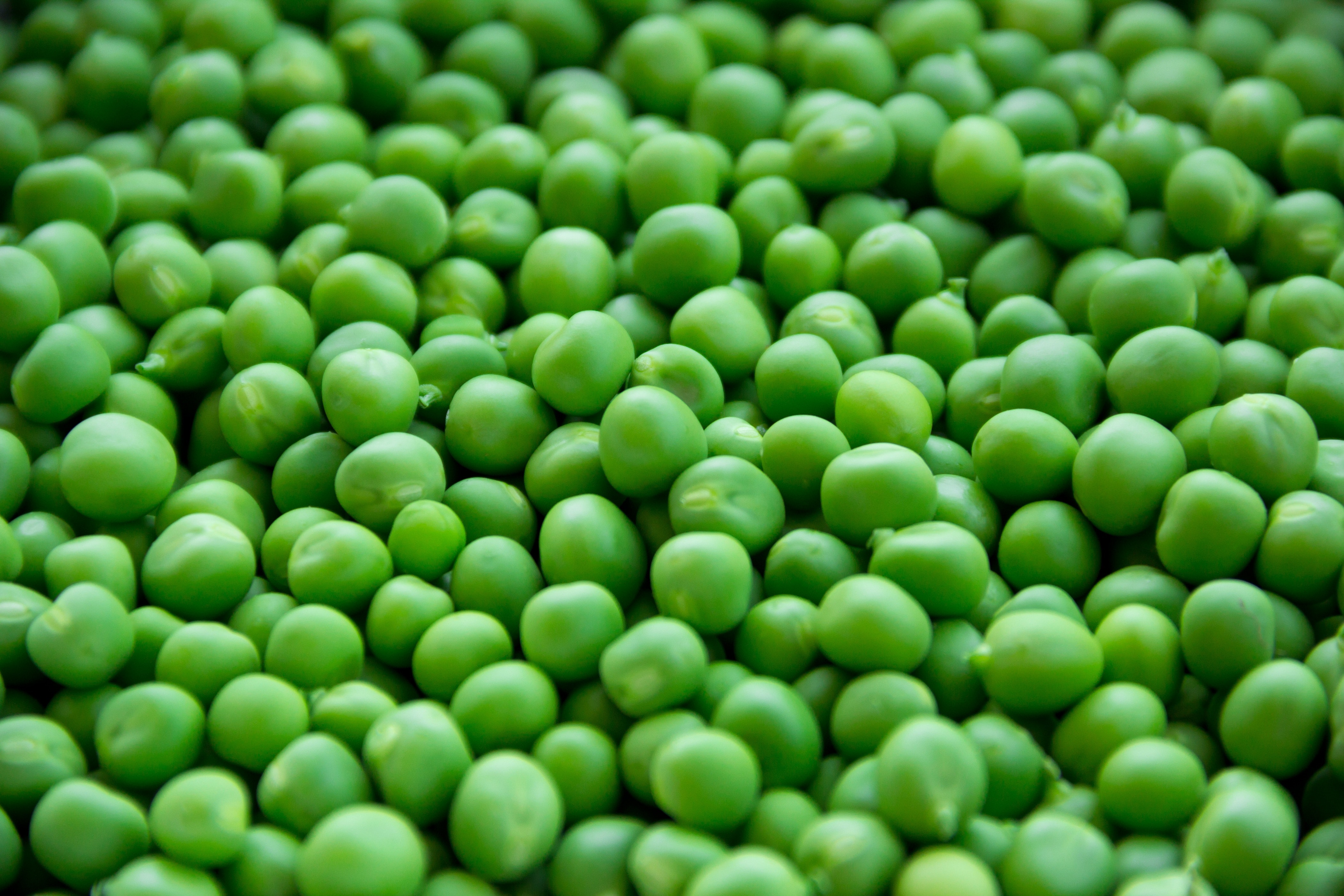
Green Beans
A cup of cooked green beans contains about 3 mcg of iodine. This amount is not a major source, but every little bit helps.
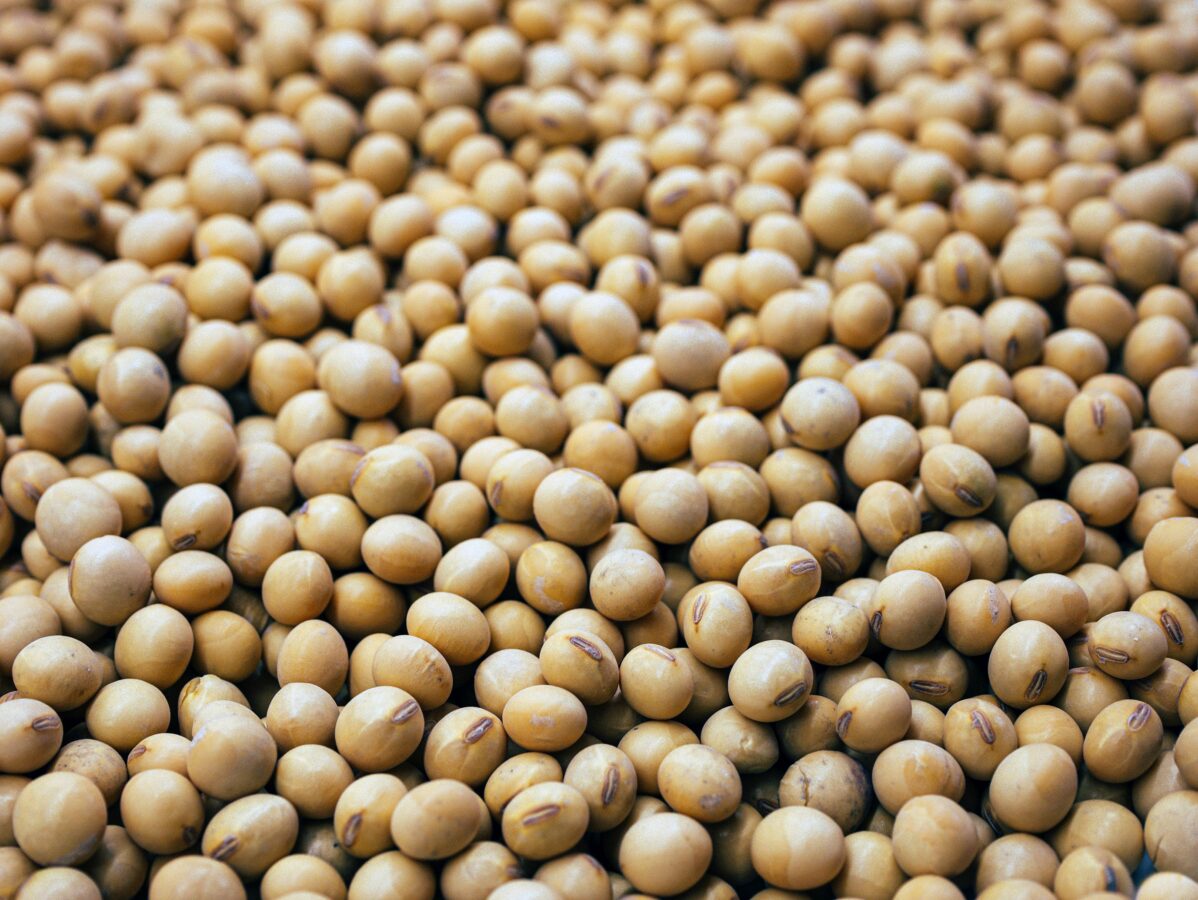
Soybeans
Often used in vegan diets as tofu or tempeh, soybeans can contain up to 10 mcg of iodine per cup.
Nuts and Seeds
While not as rich in iodine as sea vegetables, nuts and seeds contribute to your intake and are nutrient-packed additions to any diet.
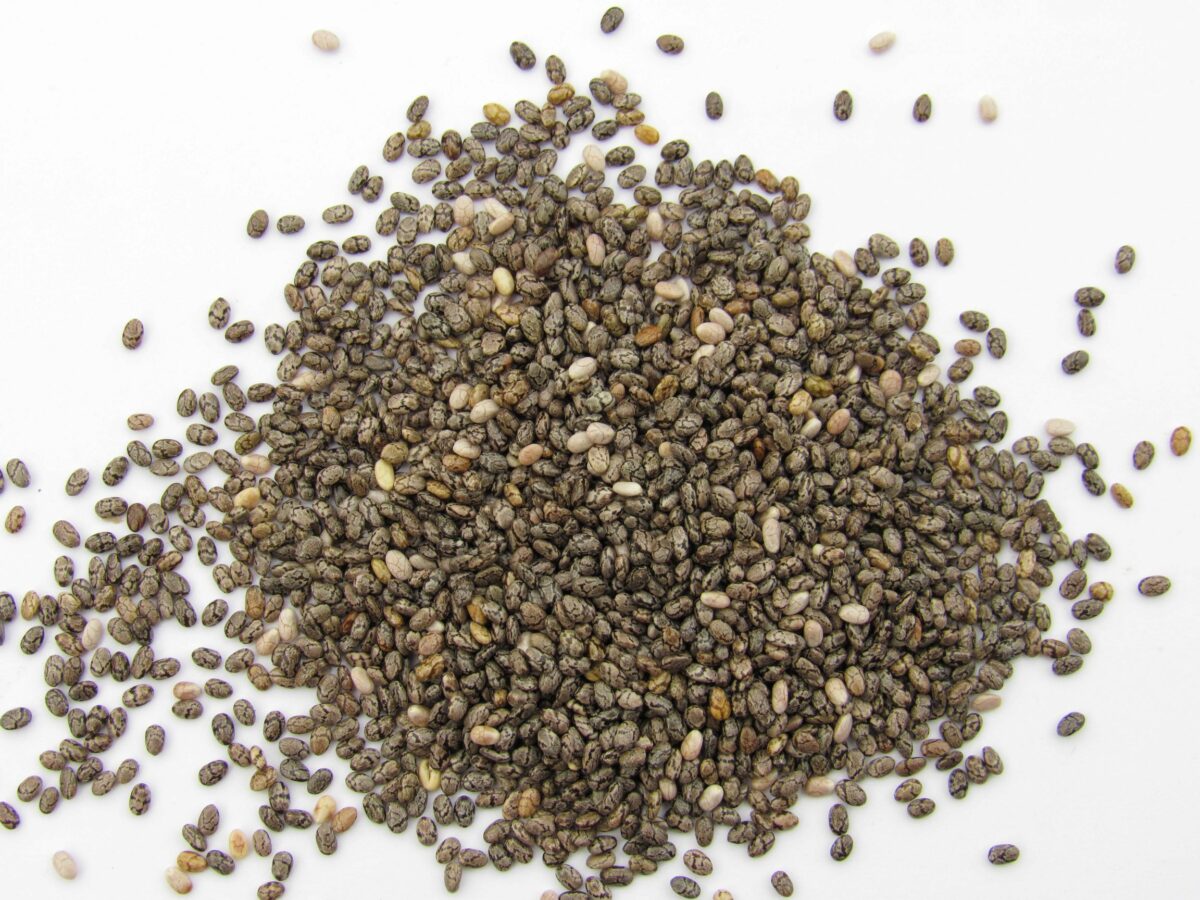
Chia Seeds
These tiny seeds pack a lot of nutrients, including small amounts of iodine. A tablespoon offers around 4 mcg.
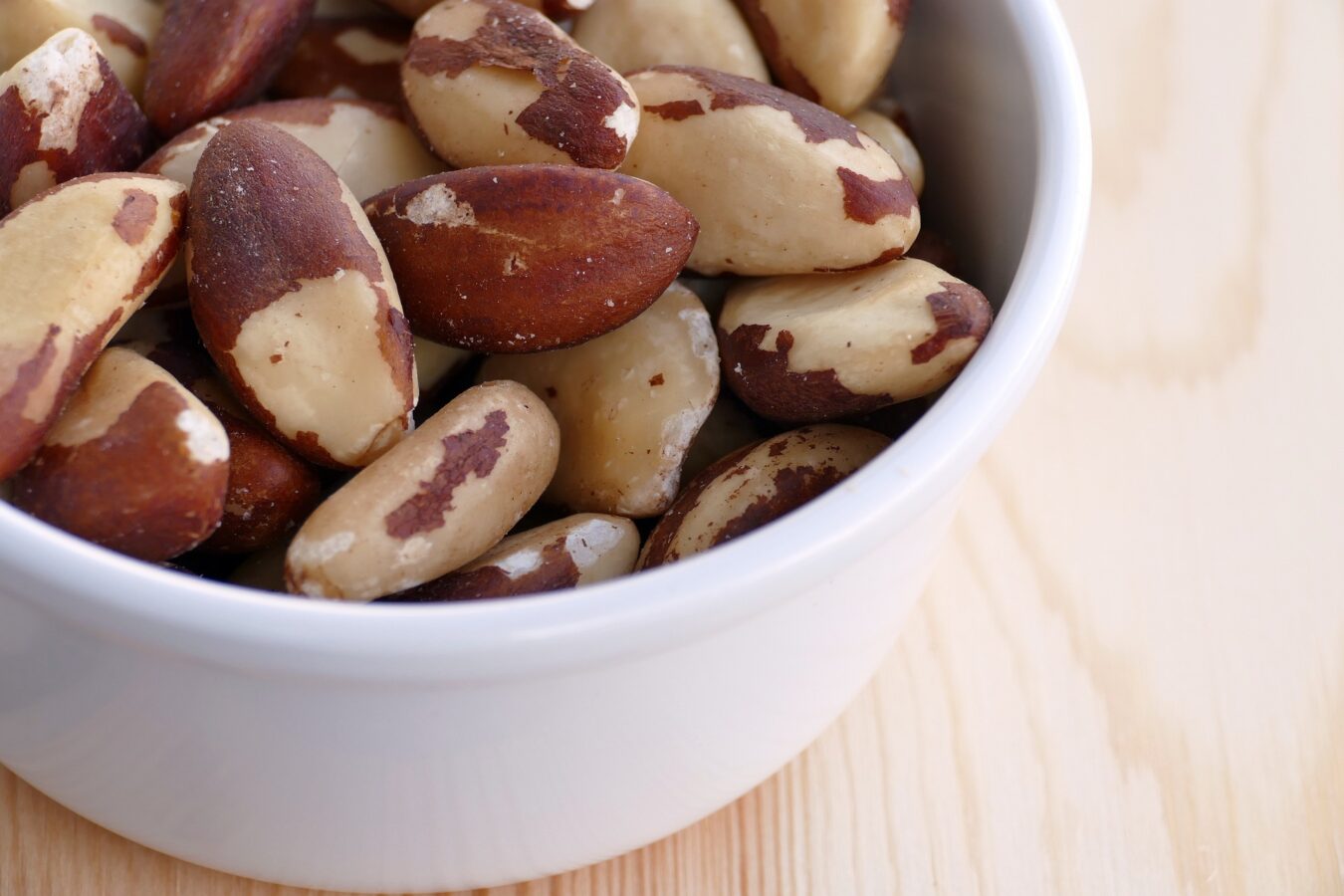
Brazil Nuts
Not only are Brazil nuts a great source of selenium, but they also contain some iodine. However, the iodine content depends on the iodine content of the soil where they are grown.
By incorporating a variety of these iodine-rich foods into your vegan diet, you can help ensure that you meet your iodine needs and enjoy a diverse range of flavors and nutrients.
Whole Grains
Whole grains also contribute to iodine intake and are a balanced nutritional option for vegans. Besides being a source of other essential nutrients like fiber and protein, some whole grains contain modest amounts of iodine.
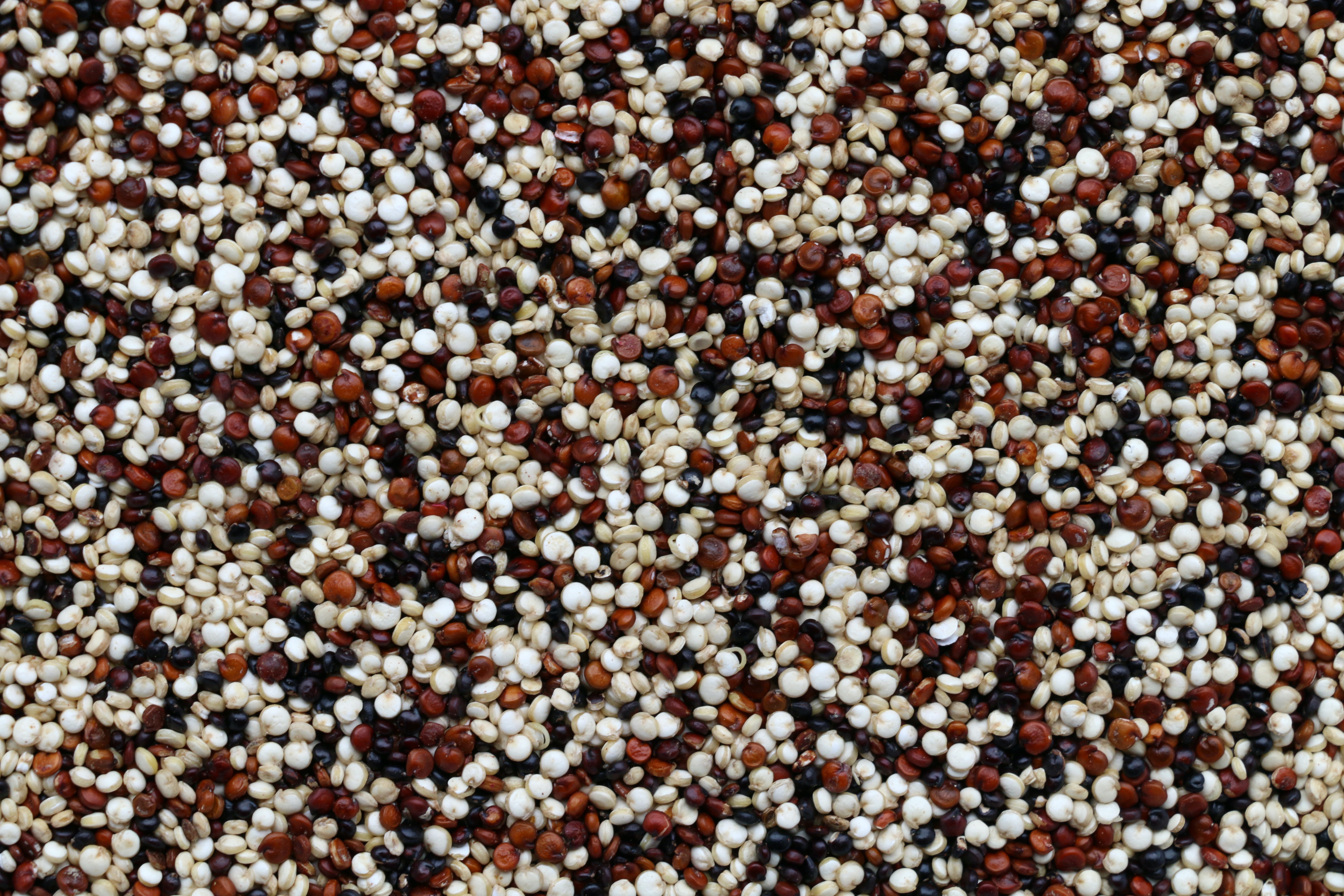
Quinoa
Although not technically a grain, quinoa is often included in discussions about whole grains. A cup of cooked quinoa provides around 5 mcg of iodine.
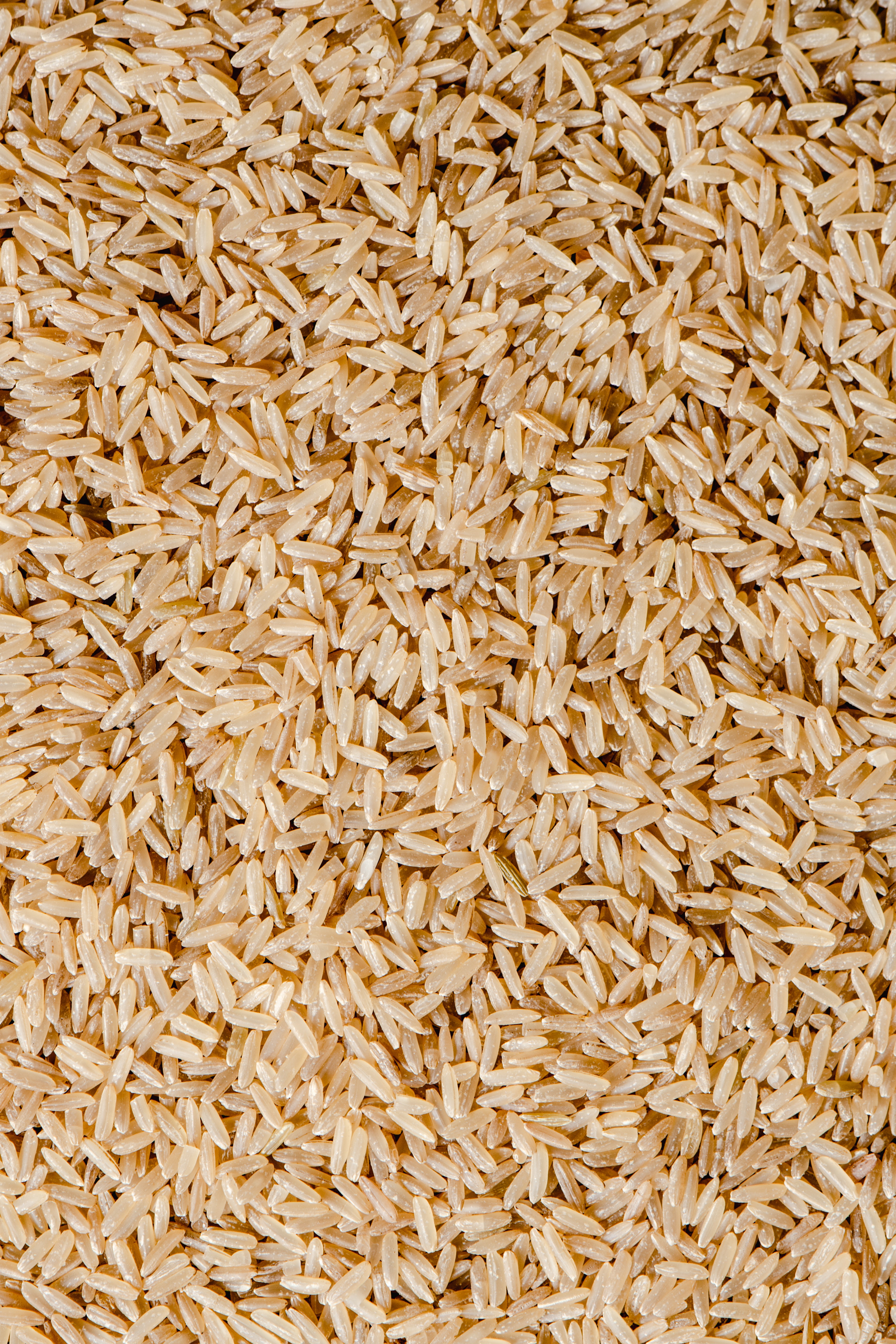
Brown Rice
A staple in many vegan diets, a cup of cooked brown rice can contain up to 4 mcg of iodine.
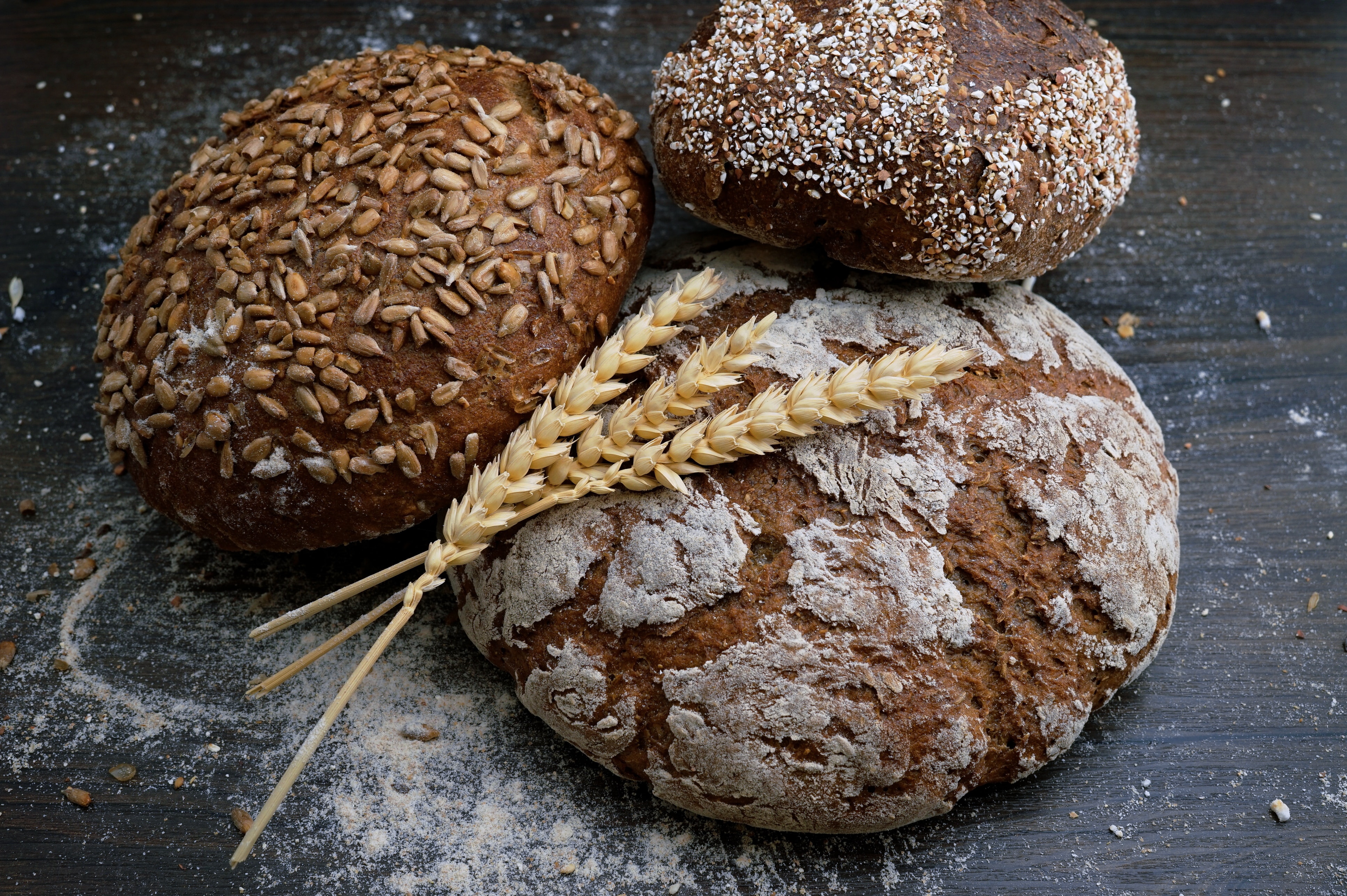
Whole Grain Bread
If made from iodine-rich soil and iodine-containing dough conditioners, whole-grain bread is a good source of iodine.
Vegetables
Vegetables can provide iodine, although their iodine content varies depending on the iodine content of the soil. Vegetables are part of a balanced vegan diet rich in essential nutrients.
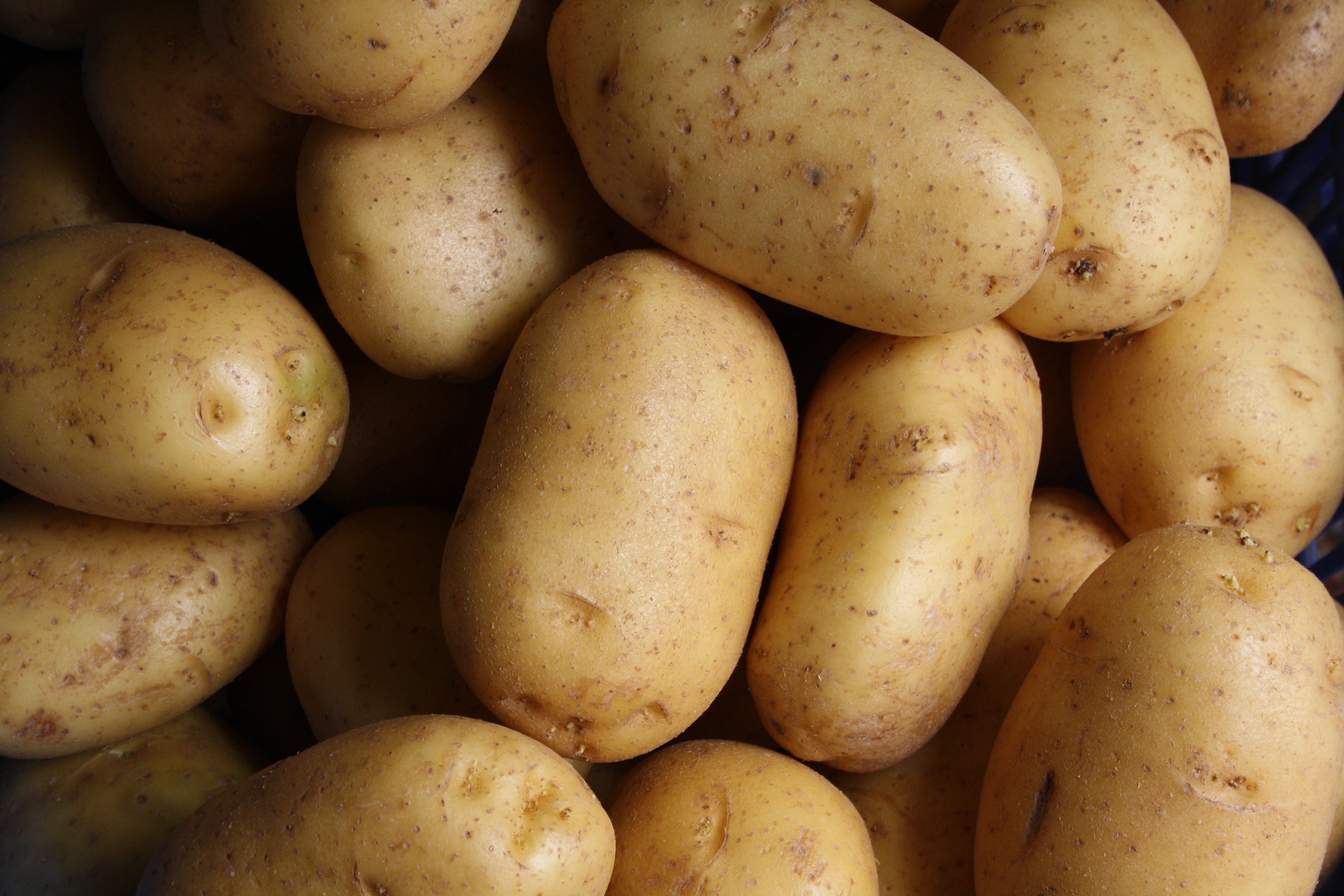
Potatoes
The humble potato can be a decent source of iodine, especially the skin. A medium-sized baked potato can contain around 60 mcg of iodine.
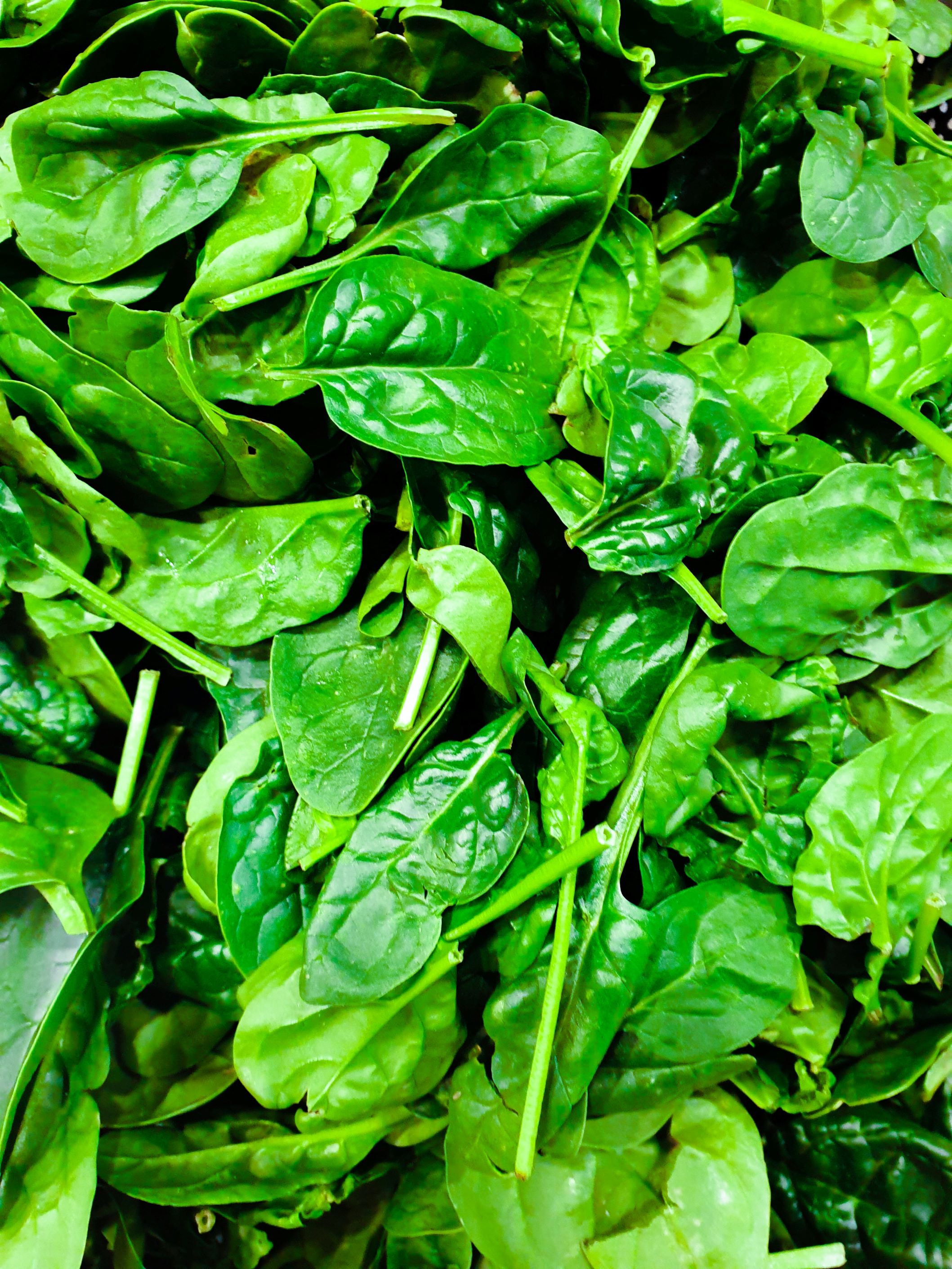
Spinach
While not a significant source of iodine, a cup of cooked spinach provides healthy but small amounts, about 3-4 mcg.
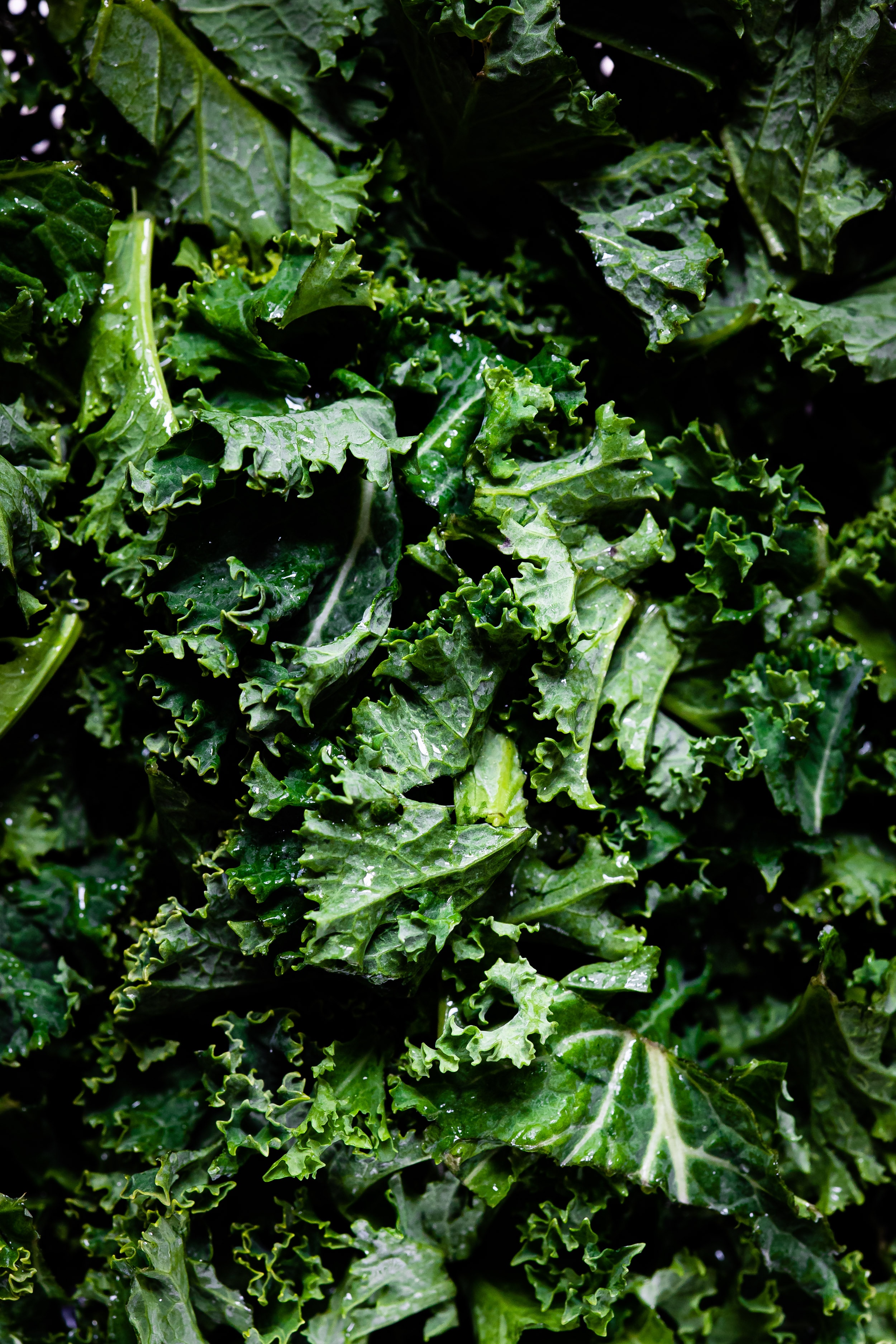
Kale
Another leafy green that contains iodine. A cup of cooked kale can provide around 5 mcg of iodine.
Iodized Salt
Using iodized salt is a practical and simple way to ensure sufficient iodine intake on a vegan diet. Half a teaspoon of iodized table salt provides about 140 mcg of iodine and contributes to your daily iodine requirement.
Incorporating Iodine-Rich Foods
Getting creative in the kitchen makes it easier to meet your iodine needs. Here are some practical ways to incorporate iodine-rich foods into vegan meals:
Seaweed Snacks: Portable and tasty, these can be a quick snack or add a crunchy texture to salads.
- Smoothies: Blend your favorite iodine-rich plant milk with a small amount of kelp powder for an iodine boost.
- Stir-Fries and Stews: Include beans, legumes, and plenty of iodine-rich vegetables.
- Seasoning: Use iodized salt or kelp granules to increase your iodine intake.
- Whole Grain Bowls: Top with a healthy selection of vegetables, nuts, and seeds for a balanced, iodine-rich meal.
- Baking: Use iodine-fortified plant milk and whole-grain flour when baking bread or desserts.
You can maintain a balanced and nutritious vegan diet by paying attention to iodine sources and creatively incorporating them into your diet.
Vegan Iodine Supplements
Iodine supplements are pivotal in meeting the nutritional needs of individuals following a vegan diet. While it’s possible to obtain enough iodine through diet alone, some people may find supplements convenient and reliable. Supplements are ideal for people with a higher risk of iodine deficiency, such as pregnant women.
Types of Iodine Supplements
Several forms of iodine supplements exist for those on a vegan diet and help maintain healthy thyroid function and other health needs.
A list of the most common types of vegan-friendly iodine supplements:
- Potassium Iodide: This is the most common form of iodine supplement from table salt. The body quickly absorbs it and is the preferred choice by many.
- Kelp Supplements: These are made from seaweed and are a natural source of iodine. However, the levels of iodine vary significantly between batches.
- Iodine Drops: These liquid supplements added to drinks are a good option for those who struggle with swallowing pills.
Considerations for Supplement Use
Choosing iodine supplements requires thoughtful consideration. Ensure they’re effective and safe.
Here are some tips:
- Dosage: The Recommended Dietary Allowance (RDA) for iodine is about 150 mcg for adults. Pregnant and lactating women have different needs; therefore, consult healthcare professionals for personalized advice is paramount.
- Tolerable Upper Intake Level: Avoid exceeding the upper intake level of 1,100 mcg of iodine daily. Excess iodine intake leads to thyroid and other health concerns.
- Consult a Healthcare Provider: Before starting any supplement regimen, consult a healthcare provider. Pregnancy, nursing, or existing thyroid or other health issues require monitoring.
- Read Labels Carefully: Look for vegan iodine supplements free from artificial colors and other additives. The brand’s purity and potency require independently tested certification.
- Nutrient Interactions: Some nutrients, like Vitamin B, interact with iodine and can enhance or diminish its effectiveness. Be aware of these interactions.
- Regular Monitoring: Once you begin with supplements, monitor your iodine levels with routine urine samples or other medical tests to control the dose.
Understanding iodine supplements allows vegans to make informed choices that align with their health goals and lifestyle. Supplements are valuable in a balanced vegan diet and ensure your body receives this essential mineral.
How the Body Uses Iodine
Iodine is critical in overall health. Primarily, it supports the health of thyroid hormones. Once ingested, iodine absorbs quickly in the stomach and small intestine. It enters the bloodstream and absorbs into the thyroid gland, which utilizes it to synthesize thyroid hormones.
These hormones regulate metabolism, energy levels, and cognitive and brain development. The body excretes unused iodine through the kidneys as urine.
Nutrients Affecting Iodine Absorption
Other nutrients influence the body’s ability to absorb and utilize iodine in your diet. Some nutrients enhance absorption, while others may inhibit it. Awareness of these interactions helps optimize iodine intake, especially for those on a vegan diet.
Positive Absorption Interactions
Certain nutrients can synergistically enhance the absorption and utilization of iodine in the body.
Vitamin C and Iodine
Vitamin C plays a supportive role in aiding iodine absorption. It helps to improve the bioavailability of iodine by converting its inorganic form to a more readily absorbed substance.
Vitamin C is an antioxidant that supports immune function, making it a valuable nutrient for overall health.
Negative Absorption Interactions
Conversely, some substances negatively impact iodine absorption:
- Goitrogens: This element found in vegetables like cabbage and broccoli interferes with iodine uptake in the thyroid gland.
- Calcium and Iron Supplements: Excessive intake of these minerals competes with iodine for absorption in the gastrointestinal tract.
- Certain Foods: Some foods like soy and flaxseed are goitrogenic and can affect iodine absorption. Consume these foods, and should be in moderation if you’re concerned about iodine levels.
To mitigate these effects, balance your intake of these nutrients and foods. Cooking goitrogenic vegetables deactivates some of the goitrogens. Take calcium or iron supplements a few hours apart from your iodine source to ensure optimal absorption.
In summary, understanding the nutrients affecting iodine absorption helps you optimize your intake. Vegans significantly benefit from knowing how and when to take these supplements and manage their dietary considerations. Always consult with a healthcare provider for personalized advice.
Lifestyle Factors That Impact Iodine Needs
The amount of iodine your body requires changes based on life stages and conditions. Pregnant women need more iodine to support their developing child’s thyroid function and brain development.
According to the National Institutes of Health:
- Infants up to 6 months: 110mcg of iodine daily
- Infants 7 months – 12 months old: 130mcg of iodine daily
- Children 1 year – 3 years old: 90mcg of iodine daily
- Children 4 years – 8 years old: 90mcg of iodine daily
- Children 9 years – 13 years old: 120mcg of iodine daily
- Teens 14 years – 18 years old: 150mcg of iodine daily
- Adults 19+ years old: 150mcg of iodine daily
- Pregnant teens & women: 220mcg of iodine daily
- Lactating teens & women: 290mcg of iodine daily
During pregnancy, the body’s thyroid hormone requirement increases, elevating the need for iodine. Insufficient iodine intake during this period risks cognitive impairments in the child. Breastfeeding women also have higher iodine needs to support their infant’s brain development and overall health.
Medical Conditions
Certain medical conditions affect iodine absorption and utilization. Individuals with pre-existing thyroid conditions should consult healthcare providers to adjust their iodine needs appropriately. Likewise, people with kidney disorders might require different iodine considerations.
FAQ
Navigating through various aspects of iodine and veganism is complex. Here are some frequently asked questions to clarify some of the basics.
How do vegans get iodine?
Vegans obtain iodine through a balanced diet that includes seaweed, iodized salt, and fortified plant milk. Plant foods like legumes, whole grains, and select vegetables also contribute small amounts of iodine.
Do vegans have iodine?
Yes, a well-planned vegan diet provides sufficient iodine. However, vegans are at a higher risk for iodine deficiency than those who consume animal products, which are significant sources of iodine.
Are vegans iodine deficient?
Vegans can be at risk for iodine deficiency if they don’t consume enough iodine-rich or iodine-fortified foods. Always consult healthcare providers for proper diagnosis and treatment if you suspect a lack.
What is vegan iodine, and why is it important?
Vegan iodine refers to iodine sourced from plant-based foods or vegan-friendly supplements. Iodine is crucial in producing thyroid hormones, which regulate metabolism and are essential for cognitive development.
I’m a vegan; do I need a separate iodine supplement, or is it already included in a balanced vegan diet?
A balanced vegan diet provides adequate iodine but often requires careful planning. A vegan iodine supplement might be recommended depending on individual lifestyle factors like pregnancy, medical conditions, or specific dietary restrictions. Always consult a healthcare provider for personalized advice to keep you healthy.
